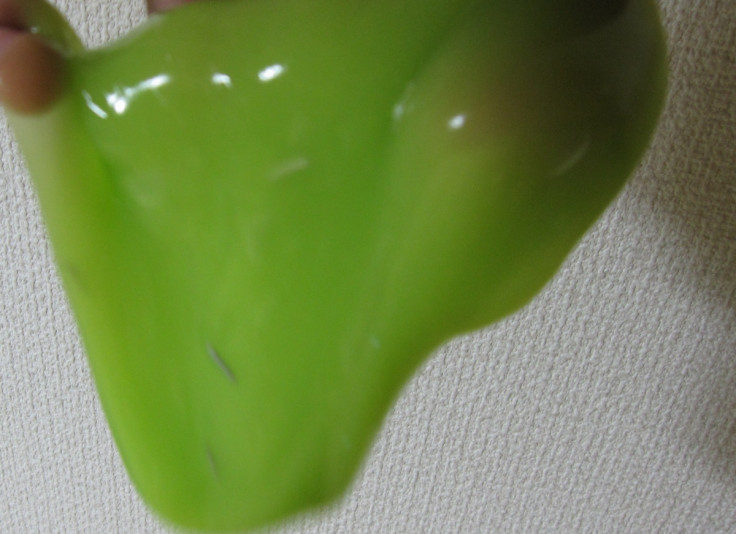Life on Earth Was 'a Layer of Slime' for a Billion Years

Life on Earth was nothing more than a layer of slime for a billion years, a period researchers have dubbed the "boring billion".
However, why evolution was stuck in the slime for so long is unknown, as there was a sudden burst in diversity during the Cambrian explosion of life 542 million years ago.
Researchers from the University of Tasmania have looked to find out why life was so slimy for so long using technology developed for mineral exploration.
The team looked at levels of oxygen and biological elements in ancient oceans to establish what might have started life on Earth.
Life first evolved 3.6 billion years ago but then nothing much happened for a long time. Team leader Ross Large said this was because there was a lack of oxygen and nutrient elements, which made evolution tricky.

"During that billion years, oxygen levels declined and the oceans were losing the ingredients needed for life to develop into more complex organisms," he said.
"We've looked at thousands of samples of the mineral pyrite in rocks that formed in the ancient oceans. And by measuring the levels of certain trace elements in the pyrite, using a technique developed in our labs, we've found that we can tell an accurate story about how much oxygen and nutrients were around billions of years ago.
"We were initially looking at oxygen levels in the ancient oceans and atmosphere to understand how mineral deposits form, and where to look for them today ... But the technology we have developed to find minerals can also tell us much about the evolution of life."
Findings suggest an initial burst of oxygen around 750 million years ago led to a significant increase in trace metals in the ocean, which went on to cause the Cambrian explosion.
"It's already becoming clear that there have been many fluctuations in trace metal levels over the millennia and these may help us understand a host of events including the emergence of life, fish, plants and dinosaurs, mass extinctions, and the development of seafloor gold and other ore deposits," Ross said.
© Copyright IBTimes 2025. All rights reserved.






















